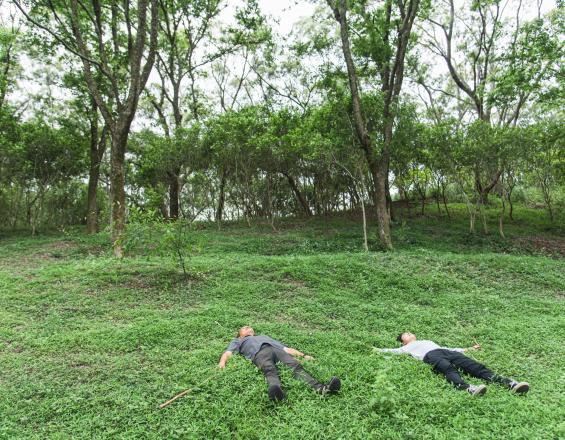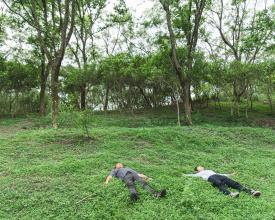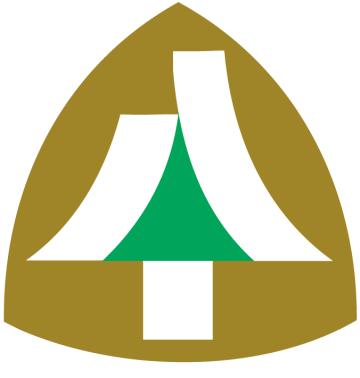
Embracing Forest Therapy as a New Approach to Ecology, Livelihoods and Production

The Fuxing Nanhe Leisure Agricultural Area (Miaoli County, Taiwan) is well-known for its historical trails, leisure farms, and unique guesthouses. In 2011, the Miaoli County Lohas Tongxiao Leisure Agriculture Development Association was formed to promote slow travel itineraries through food and farming education and experiential activities. In recent years, the industry has faced the challenge of economic stagnation. Since 2019, there has been collaboration among the industry, government, academia, and research institutions to document the cultural, historical, landscape, and ecological aspects of ancient trails in the area. In 2022, to further advance these efforts, community development centered around forest therapy and relevant community-based activities. Its goal is to foster sustainable local livelihoods where nature and the Fuhe community coexist and thrive together.
Impacts
The Miaoli County Lohas Tongxiao Leisure Agriculture Development Association has been documenting the cultural, historical, landscape, and ecological resources of the surrounding trails since 2019. They have conducted surveys on nearly 150 butterfly species, 18 endemic bird species, and over 300 wild plant species. They have also planned the creation of butterfly habitats by establishing nectar sources and host plants. Through regular ecological surveys, they have engaged over 20 ecological survey volunteers, 18 community tour guides, and 5 certified forest therapy instructors. Starting from 2022, they have adopted forest therapy as a strategy to upgrade the community industry. Collaborating with travel agencies, they have launched “Forest Therapy” itineraries, organized a total of 24 events within a year and guided over 400 people to experience forest healing journeys. This has led to over 30% economic growth in the local industry and has also promoted conservation awareness among local residents, reducing conventional farming practices. The association aims to develop a “Satoyama Lohas village,” promote self-healing and provide high-quality forest therapy services, while practicing a holistic lifestyle that integrates ecology, livelihoods and production.



